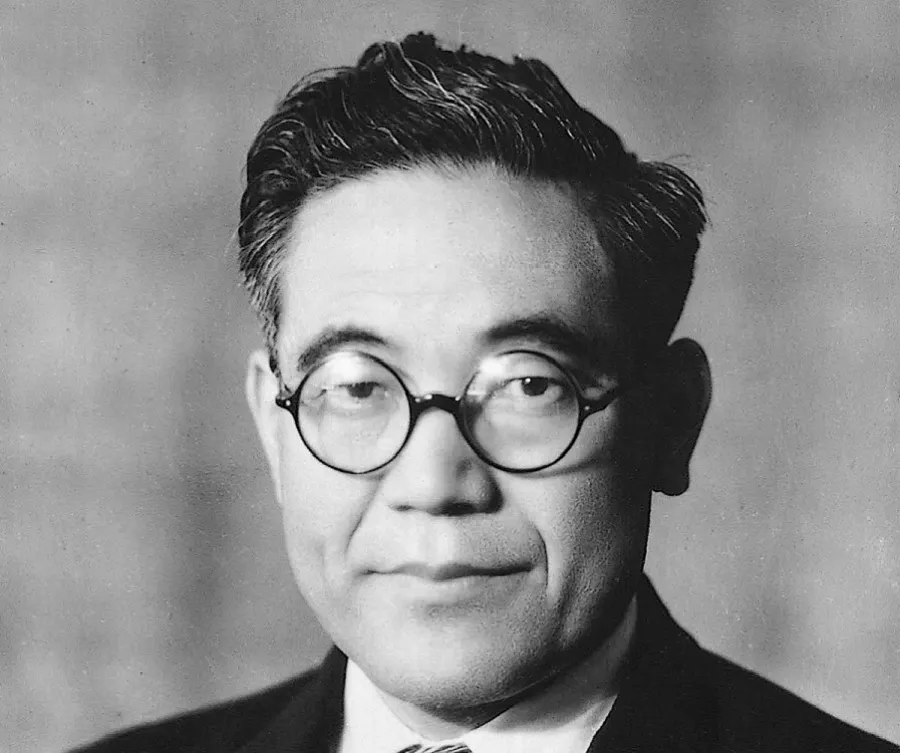
Kiichiro Toyoda: A Pioneer of the Automotive Industry
Kiichiro Toyoda, a visionary and entrepreneur, was one of the most influential figures in the history of the automotive industry. Born on June 11, 1894, in Japan, he was the eldest son of Sakichi Toyoda, the founder of the Toyoda Group, which started as a textile machinery manufacturer. Kiichiro, however, took his father's legacy to new heights by venturing into the world of automobiles and establishing Toyota Motor Corporation, a company that would go on to become one of the largest and most successful automotive manufacturers in the world.
Early Life and Mechanical Curiosity
Growing up in the Toyoda family, Kiichiro was exposed to the world of engineering and innovation from a young age. His father's inventions and commitment to technological advancement undoubtedly influenced him greatly. As he reached adulthood, Kiichiro developed a strong interest in the automotive industry, which was still in its infancy during the early 20th century. After completing his formal education, Kiichiro decided to deepen his knowledge in the field of automotive engineering. He travelled to the United States in 1929 to study the latest developments in the automobile industry, including mass production techniques pioneered by companies like Ford Motor Company. This exposure to the American automotive manufacturing processes would play a crucial role in shaping Kiichiro's future endeavors.
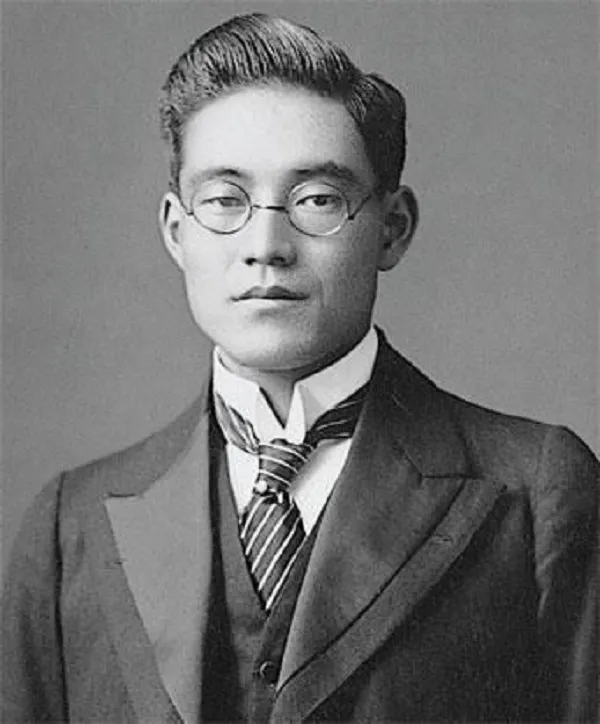
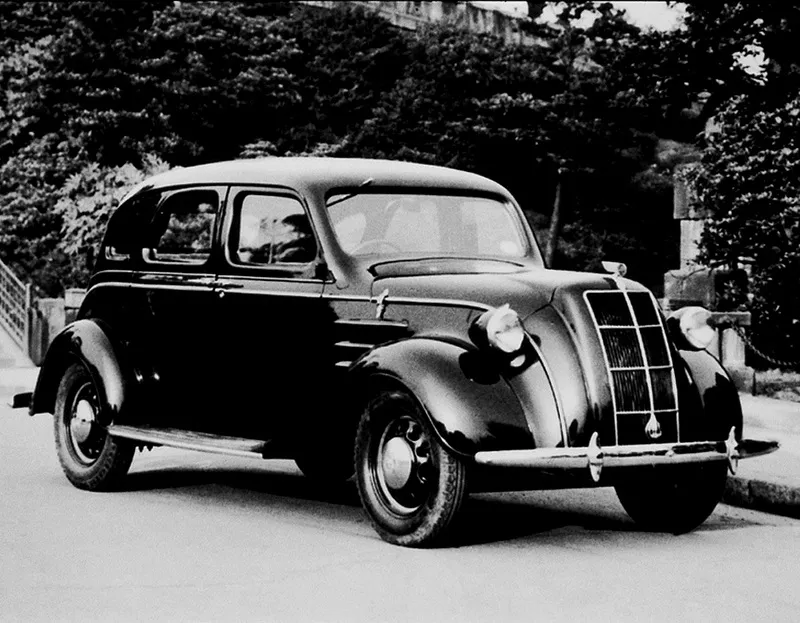
Founding Toyota Motor Corporation.
Upon his return to Japan, Kiichiro Toyoda's vision was clear: to establish an automobile manufacturing company that would embrace modern production methods, improve efficiency, and produce high-quality vehicles that could compete on the global stage. In 1933, with the support of his father, Sakichi Toyoda, he founded Toyota Motor Corporation, originally named - Toyoda - after the family name. Later, the company's name was changed to - Toyota - as it was believed to be luckier and had fewer brush strokes in Japanese. Kiichiro's commitment to innovation led to the development of the first Toyota passenger car, the Model AA, in 1936. This marked the beginning of a new era in the Japanese automotive industry, challenging the dominant American and European manufacturers. The Model AA was a success and laid the foundation for Toyota's future growth.
The Toyota Production System.
One of Kiichiro Toyoda's most significant contributions to the automotive industry was the development of the Toyota Production System (TPS). Inspired by his observations of the Ford production system and other mass production techniques during his time in the United States, Kiichiro sought to create a more efficient and flexible manufacturing process that would eliminate waste and enhance productivity. The key principles of the TPS, also known as Lean Manufacturing, included Just-In-Time (JIT) production, where parts are delivered precisely when needed, and the concept of "jidoka" (automation with a human touch) to ensure that defects were detected and fixed immediately. These concepts not only revolutionized Toyota's manufacturing but also influenced countless other industries worldwide.
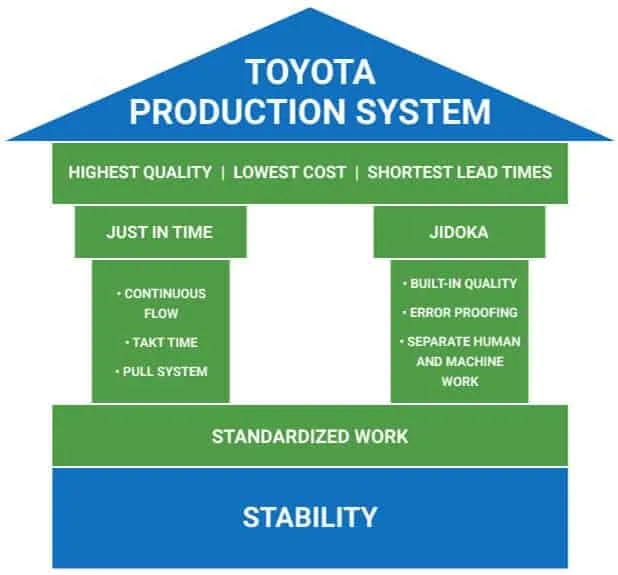
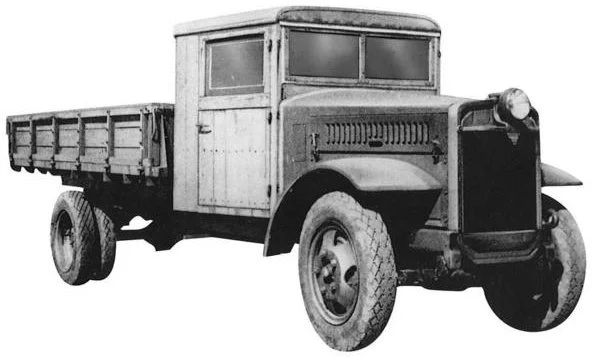
Challenges and Growth.
The path to success was not without challenges. In the early years, Toyota faced financial difficulties and skepticism from the Japanese government and established automakers. However, Kiichiro's determination and his team's dedication allowed the company to overcome these obstacles and continue to innovate. One significant event that tested the resilience of Toyota was World War II, during which the company was forced to halt its civilian automobile production and instead focused on manufacturing military trucks for the Japanese army. After the war, Kiichiro faced the difficult task of rebuilding the company and revitalizing its automotive production.
Legacy.
Kiichiro Toyoda's legacy extends far beyond his role as the founder of Toyota Motor Corporation. His innovative mindset, dedication to quality, and commitment to continuous improvement laid the groundwork for the Toyota Way, a set of management principles that emphasize efficiency, respect for people, and long-term thinking. This approach has been widely studied and adopted by businesses worldwide and has contributed to Toyota's reputation for producing reliable and well-built vehicles. Kiichiro's impact on the automotive industry has been recognized posthumously. He was inducted into the Automotive Hall of Fame in 1994, a fitting tribute to a man who revolutionized the way cars were manufactured and cemented Toyota's position as one of the world's leading automakers.
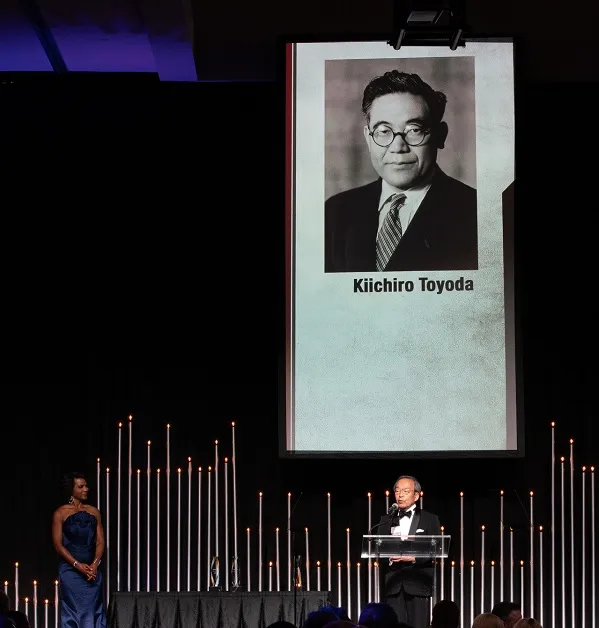
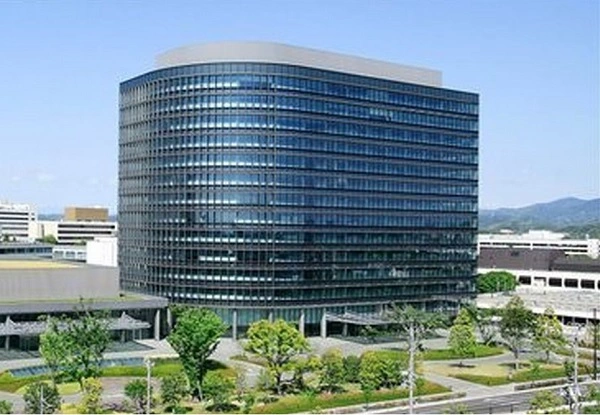
Conclusion.
Kiichiro Toyoda's journey from a young entrepreneur with a dream to the founder of one of the world's most successful automotive companies is a testament to the power of innovation and perseverance. His passion for engineering and commitment to creating a better future for Japan's automotive industry laid the foundation for Toyota's global success. Through his pioneering work in the Toyota Production System, Kiichiro not only changed the way cars were made but also influenced the entire manufacturing world. His legacy continues to inspire the automotive industry and business leaders worldwide to embrace innovation and strive for excellence.
eXus Dev 2.8.2023







































